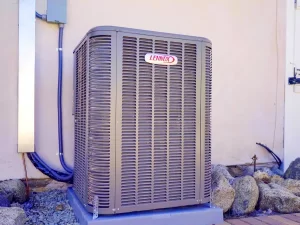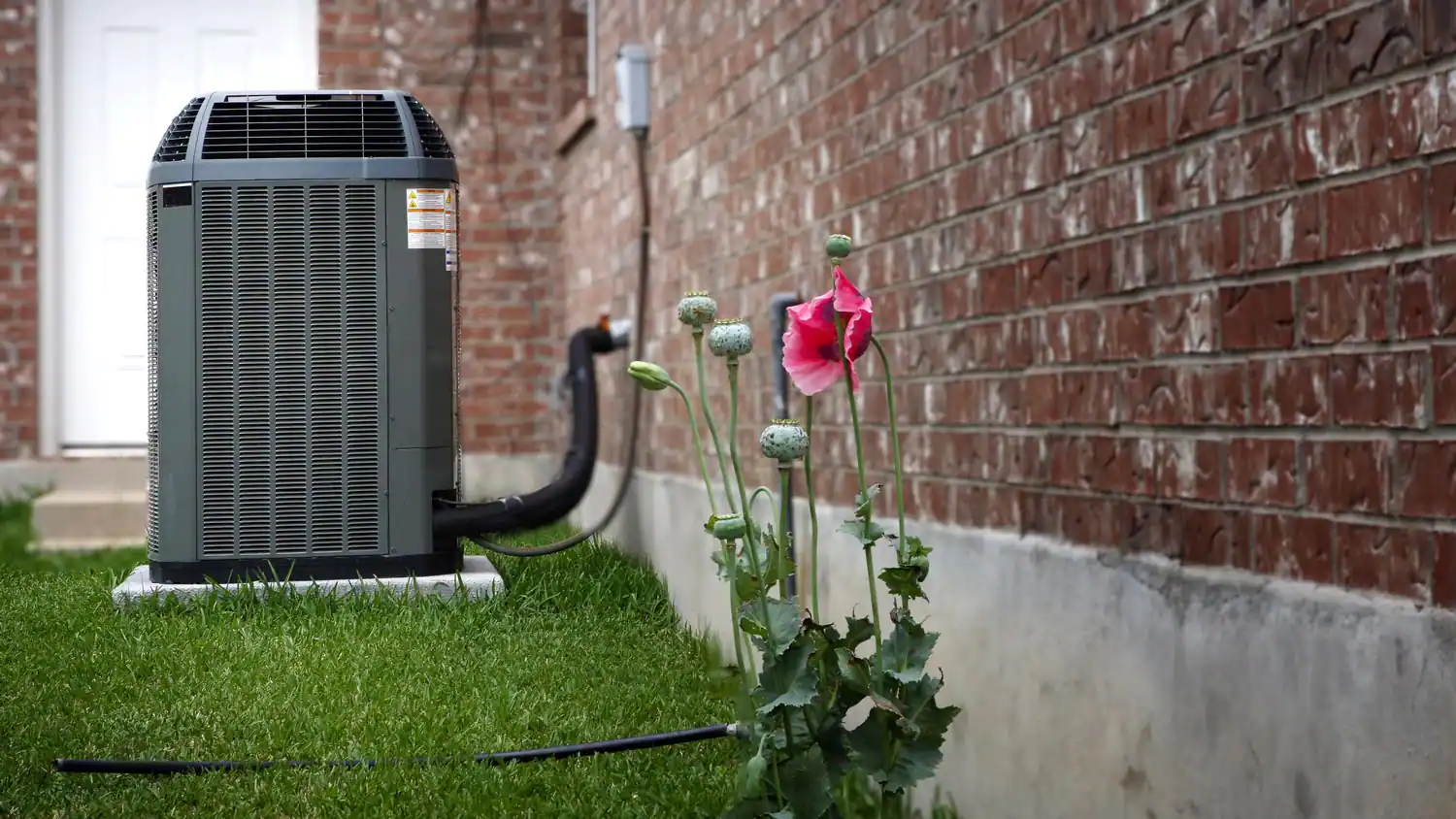Can an AC Unit Last 30 Years? Exploring Longevity and Maintenance
The Lifespan of an AC Unit
When investing in an air conditioning (AC) unit, one of the common questions that arise is whether it can last for a substantial period, such as 30 years. The answer to this question depends on several factors.
Modern AC units are designed to have an average lifespan of 15 to 20 years. However, with proper care and maintenance, some units have been known to exceed this range and reach up to 30 years of service.
Factors Affecting Longevity
Several key factors influence the lifespan of an AC unit:
1. Quality of Installation
The initial installation plays a crucial role in determining how long an AC unit will last. Proper installation by certified professionals ensures that the unit operates efficiently and minimizes the risk of premature breakdowns.

2. Maintenance and Care
Regular maintenance is essential for the longevity of your AC unit. This includes cleaning or replacing air filters, cleaning coils, checking refrigerant levels, and ensuring proper airflow. Neglecting maintenance can lead to decreased efficiency and a shorter lifespan.
3. Climate and Usage
The climate and frequency of use also impact an AC unit’s lifespan. Units in regions with extreme temperatures or those that run consistently throughout the year may experience more wear and tear, potentially shortening their lifespan.
Maximizing AC Unit Lifespan
While reaching the 30-year mark is a rarity, there are steps you can take to maximize the lifespan of your AC unit:
1. Professional Installation
Invest in a reputable HVAC professional to ensure correct installation, proper sizing, and optimal performance from the start.
2. Regular Maintenance
Follow a routine maintenance schedule that includes cleaning or replacing filters, cleaning coils, and addressing any issues promptly.
3. Proper Usage
Use your AC unit judiciously. Set reasonable temperatures and consider using programmable thermostats to reduce strain on the system when not needed.
Signs It’s Time for a Replacement
Even with diligent care, there comes a point when replacing your AC unit is more cost-effective than repairing it. Signs that it may be time for a replacement include:
1. Frequent Breakdowns
If your unit requires frequent repairs, it might be more economical to invest in a new, energy-efficient model. For JB air con repairs in the northern suburbs see here.

2. Rising Energy Bills
An aging AC unit may lose efficiency, causing your energy bills to increase. A new unit could lead to significant energy savings.
3. Inadequate Cooling
If your AC struggles to maintain desired temperatures or unevenly cools your home, it could be a sign of a deteriorating unit.
Conclusion
While a 30-year lifespan for an AC unit is uncommon, it is possible to extend the longevity of your system through proper installation, regular maintenance, and responsible usage. Monitoring signs of decline and making timely decisions about repair or replacement will ensure you enjoy optimal comfort and efficiency for years to come.


